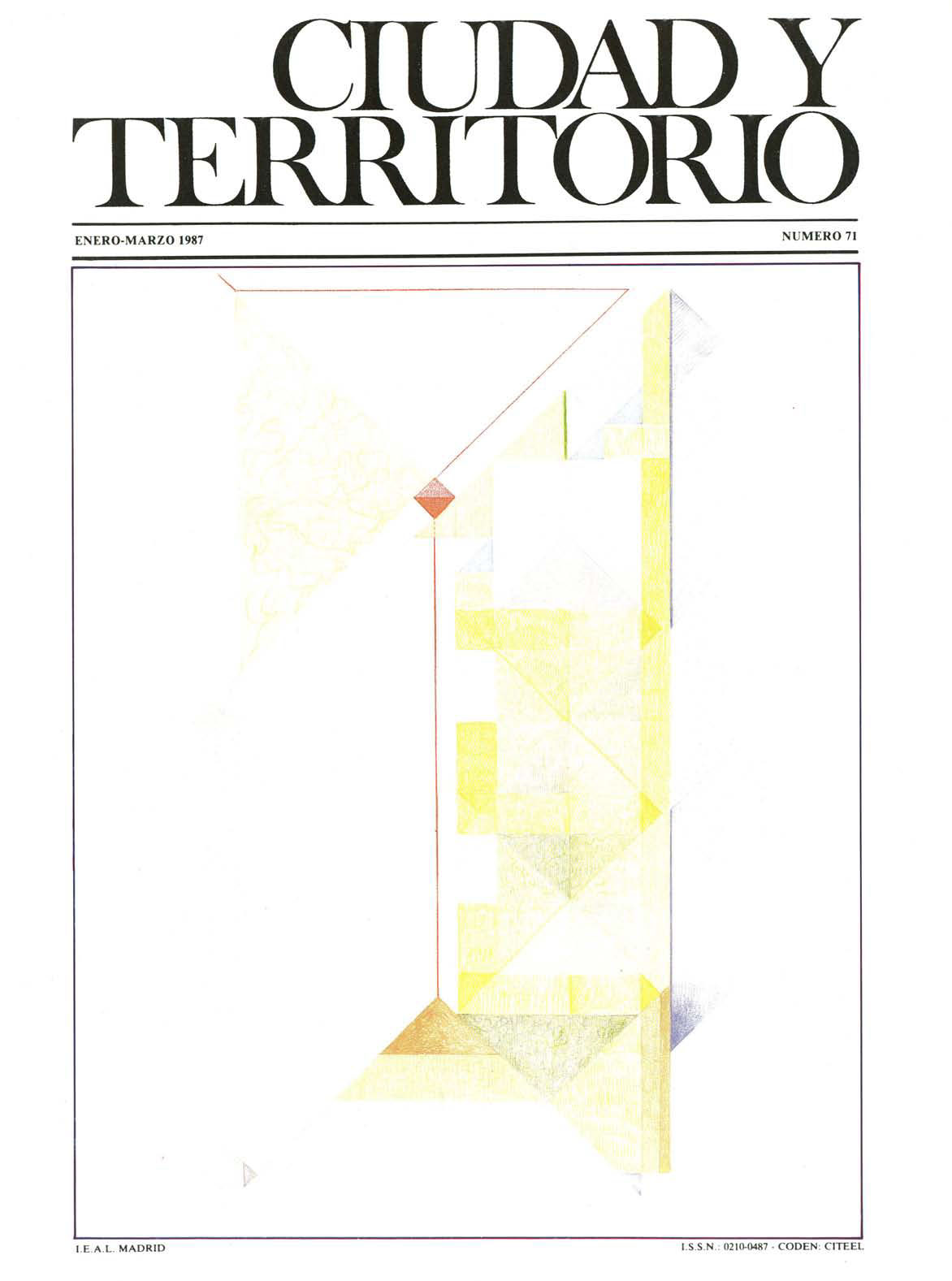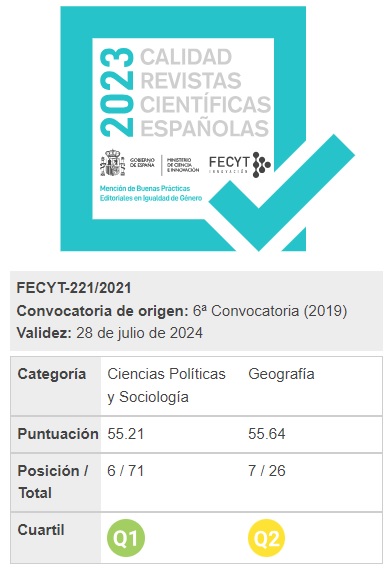Lawful cities and cities outside the law
Abstract
The roots of those differences as between the city of the rich and its poor man's counterpart, as between the lawful one and that outside all law are examined as within the context of the Third World. The colonial past of such places is taken as the starting point of this study, it beeing seen as the origen of their physical, social and economic seperating lay-out. Further to this, the gigantic repercusion of the world economic crisis on all aspects of urban and rural life in many of the states within this general context is studied. The paper finishes by taking to task the majority of the governments of these states for the haziness of their housing distribution thinking and sees this as being further muddled by the wrong-headed protagonism that this tends to give to the demands of ambitious economic planning, planning which pays scant attention to either the real economic potential of the states or the administrative potential actually existing at provincial of local levels
Downloads
Downloads
Published
How to Cite
Issue
Section
License
Copyright (c) 1987 Jorge Enrique Hardoy, David Satterhwaite

This work is licensed under a Creative Commons Attribution-NonCommercial-NoDerivatives 4.0 International License.
Considering the provisions of the current legislation on Intellectual Property, and in accordance with them, all authors publishing in CyTET give -in a non-exclusive way and without time limit- to the Ministry of Transport, Mobility and Urban Agenda the rights to disseminate, reproduce, communicate and distribute in any current or future format, on paper or electronic, the original or derived version of their work under a Creative Commons Attribution-NonCommercial-NoDerivative 4.0 license International (CC BY-NC-ND 4.0), as well as to include or assign to third parties the inclusion of its content in national and international indexes, repositories and databases, with reference and recognition in any case of its authorship.
In addition, when sending the work, the author(s) declares that it is an original work in which the sources that have been used are recognized, committing to respect the scientific evidence, to no longer modify the original data and to verify or refute its hypothesis. Author(s) also declare that the essential content of the work has not been previously published nor will it be published in any other publication while it is under evaluation by CyTET; and that it has not been simultaneously sent to another journal.
Authors must sign a Transfer of Rights Form, which will be sent to them from the CyTET Secretariat once the article is accepted for publication.
With the aim of promoting the dissemination of knowledge, CyTET joins the Open Journal Access (OA) movement and delivers all of its content to various national and international indexes, repositories and databases under this protocol; therefore, the submission of a work to be published in the journal presupposes the explicit acceptance by the author of this distribution method.
Authors are encouraged to reproduce and host their work published in CyTET in institutional repositories, web pages, etc. with the intention of contributing to the improvement of the transfer of knowledge and the citation of said works.








 Enlace a CyTET en Linkedin
Enlace a CyTET en Linkedin